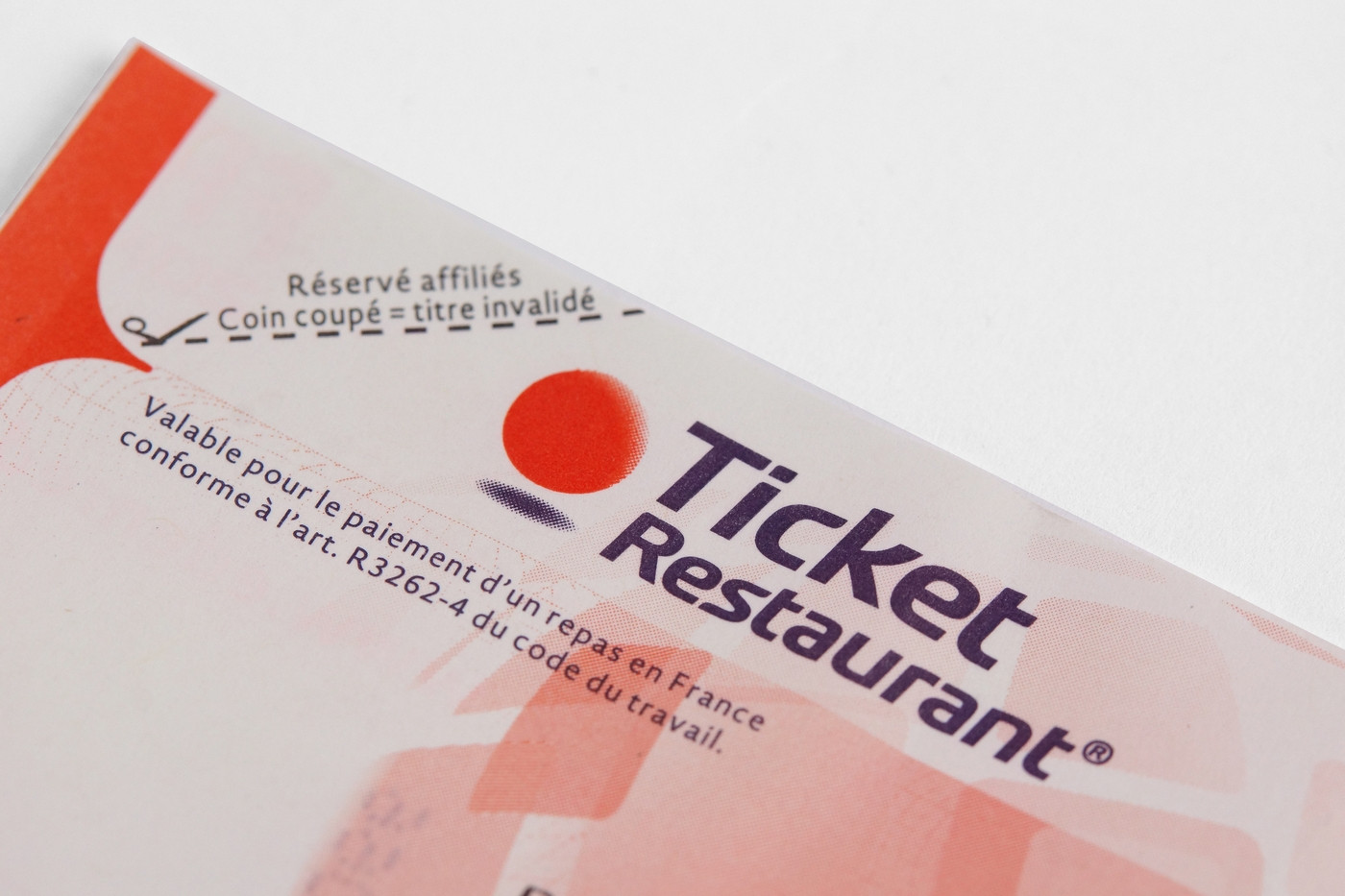The rules for using meal vouchers will change from 1er January 2024, to restrict what can be purchased with it.
Meal vouchers are currently undergoing a number of changes. The one we have heard the most about is obviously the move for everyone to the restaurant voucher card. A generalization which should be implemented by 2026. But a new measure, planned for a few months, should quickly attract the attention of the public. Because your purchases will change profoundly from the start of the new year.
Only directly consumable food can be purchased.
You will have to get used to it. From 1er Next January, the list of products that you can buy in supermarkets with restaurant vouchers will be limited. This is the consequence of a regulatory change which ends the exemption from the law of August 16, 2022 on the protection of purchasing power. The latter made it possible to purchase all types of food products, whether directly consumable or not.
But the period of this exemption, which ran until December 31, is coming to an end. Here is the non-exhaustive list of products that you will no longer be able to purchase once this date has passed:
- starchy foods like rice or pasta;
- groceries such as eggs or flour;
- coffee, tea;
- unprocessed meats and fish;
- canned and unprocessed frozen foods.
No exception for teleworking
Suffice to say that restaurant vouchers will no longer be able to be used for cooking at all. Which was already the case before October 2022. But since then, times have changed, and many people now have several days a week during which they work remotely.
At home, many of them now cook at lunchtime, during their break time. Did the government take these socio-professional transformations into account in its decision? And if not, could it introduce new exceptions next year to adapt to teleworkers?
Source : Le Figaro

60